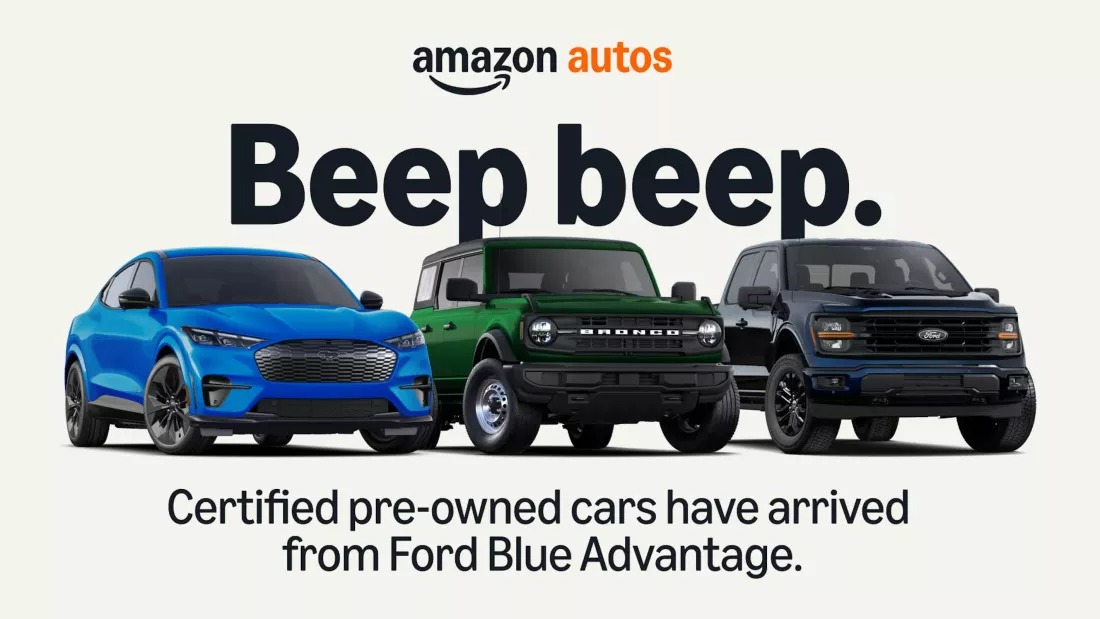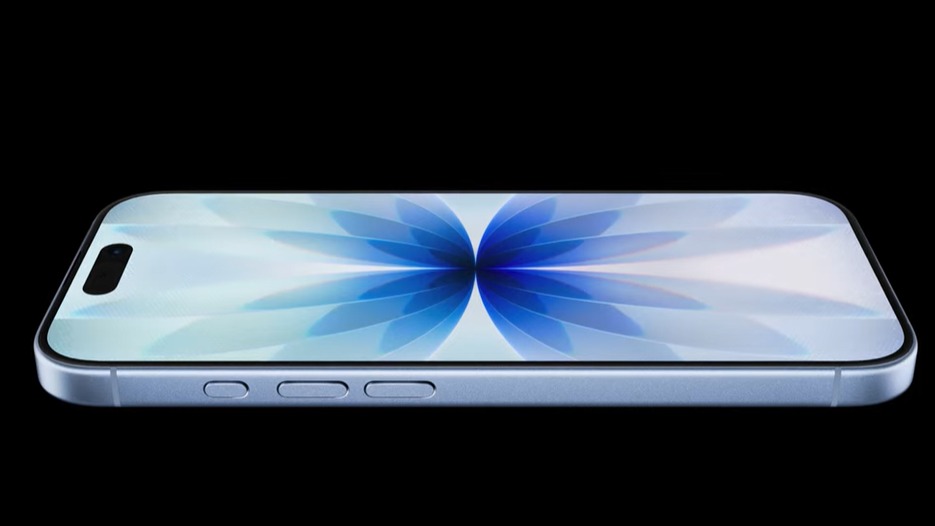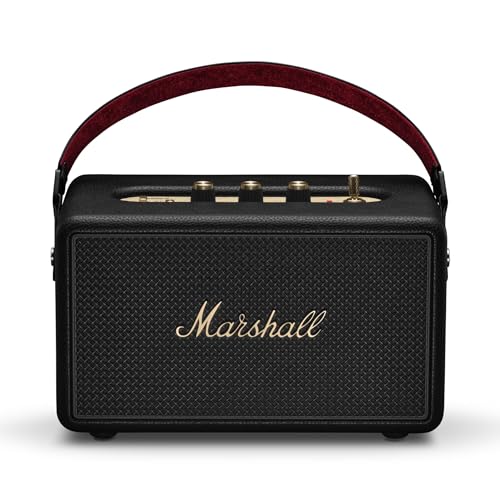Used car shopping typically means hours at dealerships and pressure-filled negotiations, but Ford’s new Amazon partnership eliminates most of that friction.
This hybrid digital approach streamlines the buying process while preserving essential dealer relationships.
Starting in select cities like Los Angeles, Seattle, and Dallas, you can now browse Ford Blue Advantage certified pre-owned vehicles on Amazon Autos, complete financing paperwork, and secure your purchase online. You’ll still need to visit a dealer for final signatures and pickup, but the groundwork happens from your couch.
This hybrid approach isn’t just convenience theater. Ford’s CPO program offers three certification levels that actually matter:
- Gold Certified vehicles get a 172-point inspection with 12-month warranties
- EV Certified models receive 127-point checks
- Blue Certified options come with 90-day coverage
Every vehicle includes a 14-day, 1,000-mile money-back guarantee, which beats most traditional dealer return policies. You get transparent pricing and full vehicle specifications without the typical sales pressure.
More than 160 of Ford’s 2,900 dealers have enrolled in this Amazon pilot, though only about a dozen completed full onboarding before launch. The limited rollout reflects both regulatory complexity and the reality that state laws require dealer involvement for vehicle transactions—you can’t just add a Ford F-150 to your cart like a new coffee maker.
Amazon’s automotive push feels inevitable when you consider how digital-first commerce has reshaped major purchases. Just as Warby Parker proved eyeglasses didn’t need mall kiosks, and Casper showed mattresses could skip showroom floors, Ford’s betting that car shopping can blend online research with offline completion.
This follows Amazon’s earlier partnerships with Hyundai for new vehicles and Hertz for rentals, signaling a broader platform play. The cultural shift runs deeper than convenience—Generation TikTok expects to research, compare, and initiate purchases digitally, even for $30,000 decisions.
Traditional car lots feel increasingly outdated when you can comparison-shop everything from apartments to dates online. Ford’s Amazon integration acknowledges this reality while working within existing dealer protection laws.
What’s genuinely smart about this approach: it preserves dealership relationships while meeting modern shopping expectations. You still get that final in-person interaction for such a major purchase, but without the traditional sales pressure that makes car buying universally dreaded.
If successful, expect other automakers to follow Ford’s digital-physical hybrid model—because fighting consumer behavior shifts rarely works long-term.




























